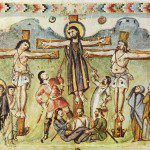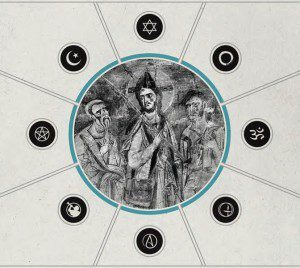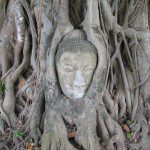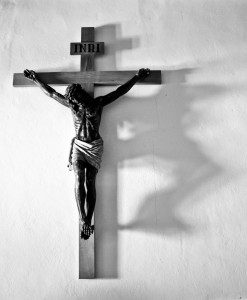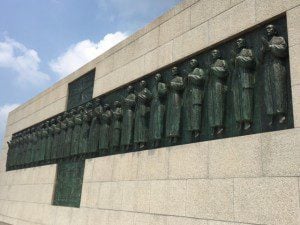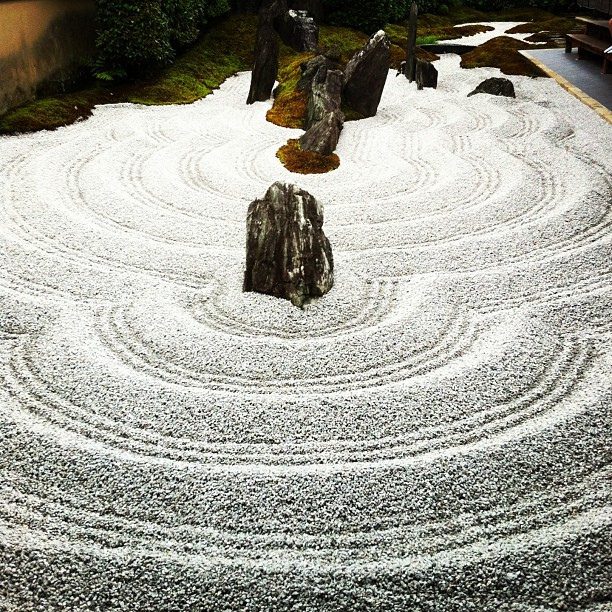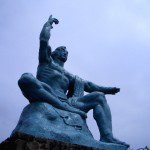Is contemporary philosophy and theology primarily about evil/theodicy (theories of evil and morality in the universe) or epistemology (theories of knowing)? Many will argue that epistemology is the focus; however, some maintain that theodicy is the focus.[1] Susan Neiman argues that for many philosophers in the Enlightenment and post-Enlightenment eras, evil threatens human reason; it does not make sense. While some Moderns claimed that we must make evil intelligible, others argued that we must not make it intelligible; explanations only... Read more


